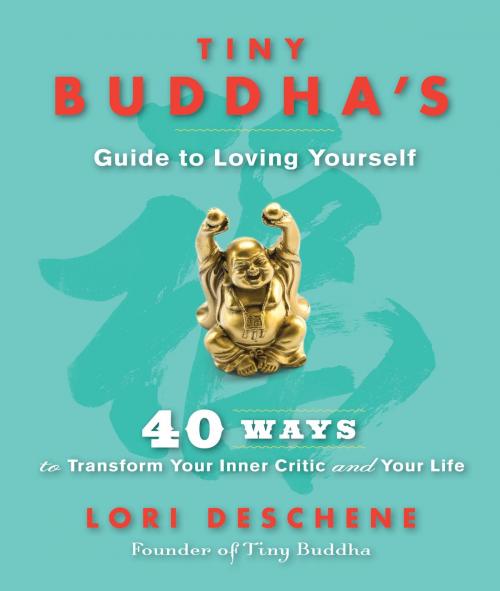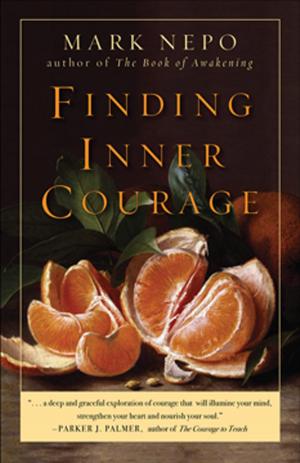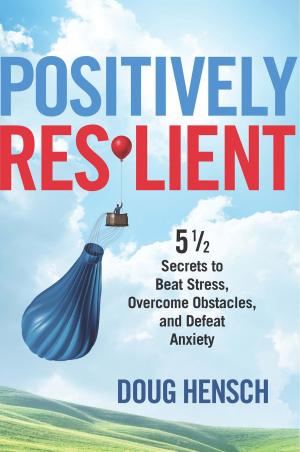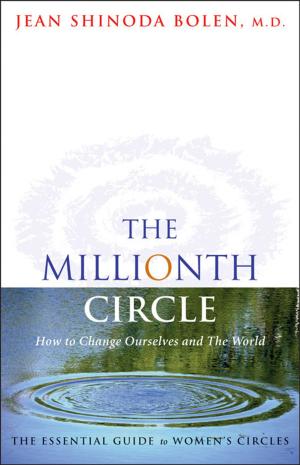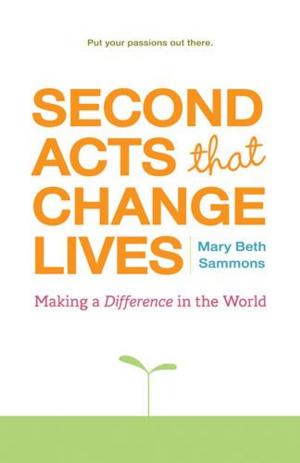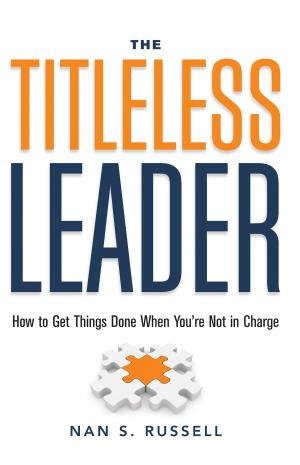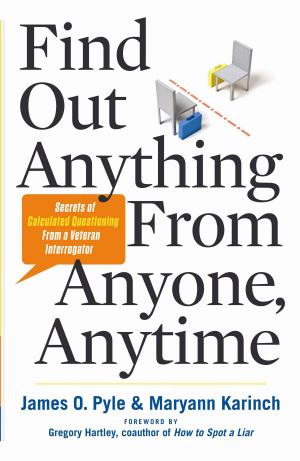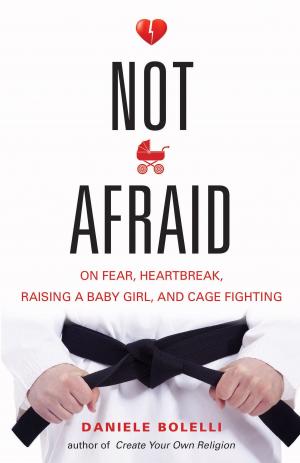Tiny Buddha's Guide to Loving Yourself
40 Ways to Transform Your Inner Critic and Your Life
Nonfiction, Health & Well Being, Self Help, Self Improvement, Self-Esteem, Motivational| Author: | Lori Deschene | ISBN: | 9781609259129 |
| Publisher: | Red Wheel Weiser | Publication: | October 8, 2013 |
| Imprint: | Conari Press | Language: | English |
| Author: | Lori Deschene |
| ISBN: | 9781609259129 |
| Publisher: | Red Wheel Weiser |
| Publication: | October 8, 2013 |
| Imprint: | Conari Press |
| Language: | English |
Many of us know intellectually that we need to be good to ourselves if we want to be happy. But it feels so hard. We are simultaneously the harsh judge and the lost, scared child who wants to stop feeling judged. It becomes a vicious cycle. It only stops when we step outside ourselves and observe how we get ourselves stuck.
Tiny Buddha’s Guide to Loving Yourself from TinyBuddha.com creator Lori Deschene shares 40 unique perspectives and insights on topics related to loving yourself, including: realizing you’re not broken, accepting your flaws, releasing the need for approval, forgiving yourself, letting go of comparisons, and learning to be authentic. Featuring stories selected from hundreds of TinyBuddha.com contributors, the book provides an honest look at what it means to overcome critical, selfjudging thoughts to create a peaceful, empowered life.
This book combines all of the elements that made Deschene’s first book, Tiny Buddha, compelling—authentic stories (four in each chapter); insightful observations about our shared struggles and how to overcome them; and action-oriented suggestions, based on the wisdom in the stories.
Tiny Buddha’s Guide to Loving Yourself from TinyBuddha.com creator Lori Deschene shares 40 unique perspectives and insights on topics related to loving yourself, including: realizing you’re not broken, accepting your flaws, releasing the need for approval, forgiving yourself, letting go of comparisons, and learning to be authentic. Featuring stories selected from hundreds of TinyBuddha.com contributors, the book provides an honest look at what it means to overcome critical, selfjudging thoughts to create a peaceful, empowered life.
This book combines all of the elements that made Deschene’s first book, Tiny Buddha, compelling—authentic stories (four in each chapter); insightful observations about our shared struggles and how to overcome them; and action-oriented suggestions, based on the wisdom in the stories.
Many of us know intellectually that we need to be good to ourselves if we want to be happy. But it feels so hard. We are simultaneously the harsh judge and the lost, scared child who wants to stop feeling judged. It becomes a vicious cycle. It only stops when we step outside ourselves and observe how we get ourselves stuck.
Tiny Buddha’s Guide to Loving Yourself from TinyBuddha.com creator Lori Deschene shares 40 unique perspectives and insights on topics related to loving yourself, including: realizing you’re not broken, accepting your flaws, releasing the need for approval, forgiving yourself, letting go of comparisons, and learning to be authentic. Featuring stories selected from hundreds of TinyBuddha.com contributors, the book provides an honest look at what it means to overcome critical, selfjudging thoughts to create a peaceful, empowered life.
This book combines all of the elements that made Deschene’s first book, Tiny Buddha, compelling—authentic stories (four in each chapter); insightful observations about our shared struggles and how to overcome them; and action-oriented suggestions, based on the wisdom in the stories.
Tiny Buddha’s Guide to Loving Yourself from TinyBuddha.com creator Lori Deschene shares 40 unique perspectives and insights on topics related to loving yourself, including: realizing you’re not broken, accepting your flaws, releasing the need for approval, forgiving yourself, letting go of comparisons, and learning to be authentic. Featuring stories selected from hundreds of TinyBuddha.com contributors, the book provides an honest look at what it means to overcome critical, selfjudging thoughts to create a peaceful, empowered life.
This book combines all of the elements that made Deschene’s first book, Tiny Buddha, compelling—authentic stories (four in each chapter); insightful observations about our shared struggles and how to overcome them; and action-oriented suggestions, based on the wisdom in the stories.
More books from Red Wheel Weiser
We use our own "cookies" and third party cookies to improve services and to see statistical information. By using this website, you agree to our Privacy Policy
